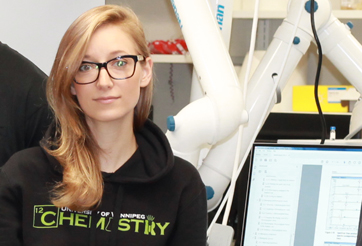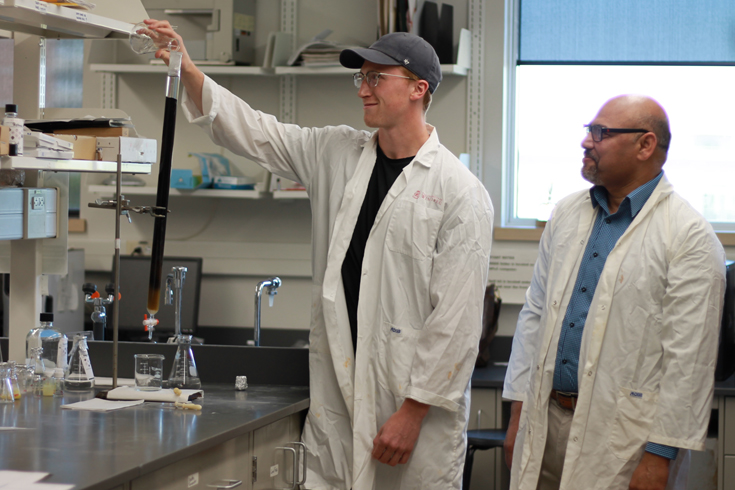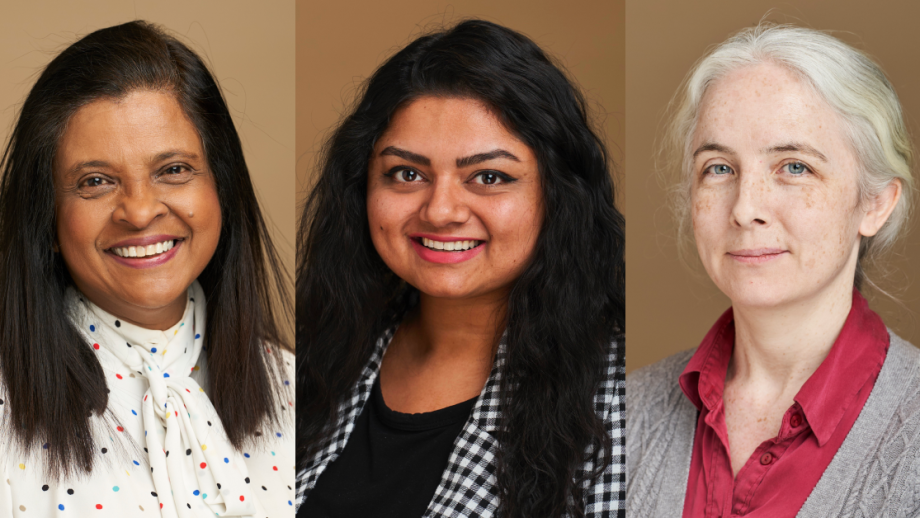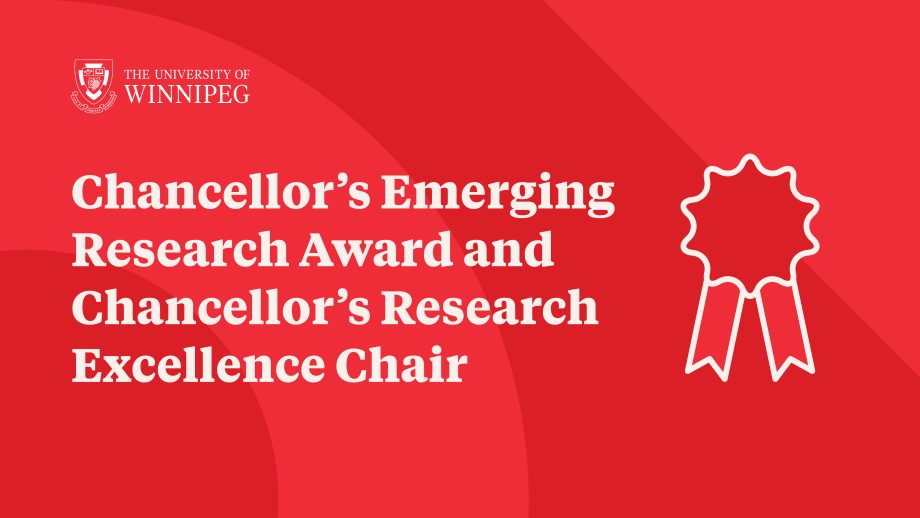Traditional medicinal plants used by Indigenous peoples may hold the key for scientists to discover an effective treatment for Type 2 diabetes, and University of Winnipeg chemist, professor, and program chair, Dr. Athar Ata, is determined to find that remedy.
“We collect plants from around the world based on their ethno-medicinal importance,” he said. “We find out what traditional healers and folk practitioners are using, collect those plants, and test them in the lab.”
Ata collaborates with chemists, Indigenous communities, and traditional healers in South Africa, Nigeria, Sri Lanka, and more, to isolate compounds identified as medicinal before bringing them into his lab to verify whether the compound in a particular plant has an impact on treating the disease.
The lab is always bustling with student researchers, who work closely with Ata in search of natural treatments for Type 2 diabetes, as well as other diseases. When third-year Bachelor of Science student, Spencer Ferbers, heard about Ata’s research, he approached him to ask if there were any opportunities to work in his lab.
This led Ferbers to a study of the wild ground nut (also known by the scientific name Calapogonium muconoides), in search of a compound to effectively decrease the overactive alpha-glucosidase in individuals with Type 2 diabetes. The drugs currently on the market cause many negative side effects; flatulence, diarrhea, and more.
“The goal of my research is to find a compound that works to inhibit alpha-glucosidase, but does not cause these same side effects,” said Ferbers. “Dr. Ata has helped me every step of the way with the research I’m doing. He cares so much for his students and shows it through his attentiveness and patience when you talk to him.”

Uriah Wolf is studying the cashew tree from Nigeria, hoping to discover a natural drug to treat diabetes. ©UWinnipeg
Second-year Bachelor of Science student, Uriah Wolf, developed an interest in natural product research due to the growing public interest and demand for naturally sourced treatments. Her second-year organic chemistry course helped develop her interest in organic chemistry research, and Dr. Ata recommended she take a directed studies class, allowing her to work on her own project.
In the lab, she was able to gain hands-on experience with UWinnipeg’s nuclear magnetic resonance spectroscopy machine. She was thrilled that the University was also able to purchase a mass spectrometer, thanks to a 2019 NSERC Research Tools and Instruments Grant.
“Solid understanding and experience using these machines will further advance my research and my list of skills, and help me stand out when I apply for my master’s,” she said.
Wolf is studying the cashew tree from Nigeria (also known by the scientific name Anacardium occidentale). Like Ferbers, she is looking for a natural inhibitor for the alpha-glucosidase enzyme in hopes of creating a natural drug to treat diabetes.
“Dr. Ata has inspired my creative thinking by showing me uncommon techniques and the principles behind them,” she said. “He allows me the freedom to try experiments my way and, if I fail, he lifts my spirits and encourages me to try again.”
Ata knows that research into new drug discoveries takes time. He began looking into potential plant-based compounds more than a decade ago, and says it can take many decades to put new treatment options into the hands of those who need it.
“It can sometimes take up to 10 – 15 years,” he said. “And even longer from initial discovery to market.”
But despite knowing that his research might take decades to show the results he is looking for, it is worth it to be part of a life-changing drug discovery.
“Currently, anti-diabetic agents have many side effects,” he said. “Knowing that we could find a solution to these problems helps us to stay motivated.”





